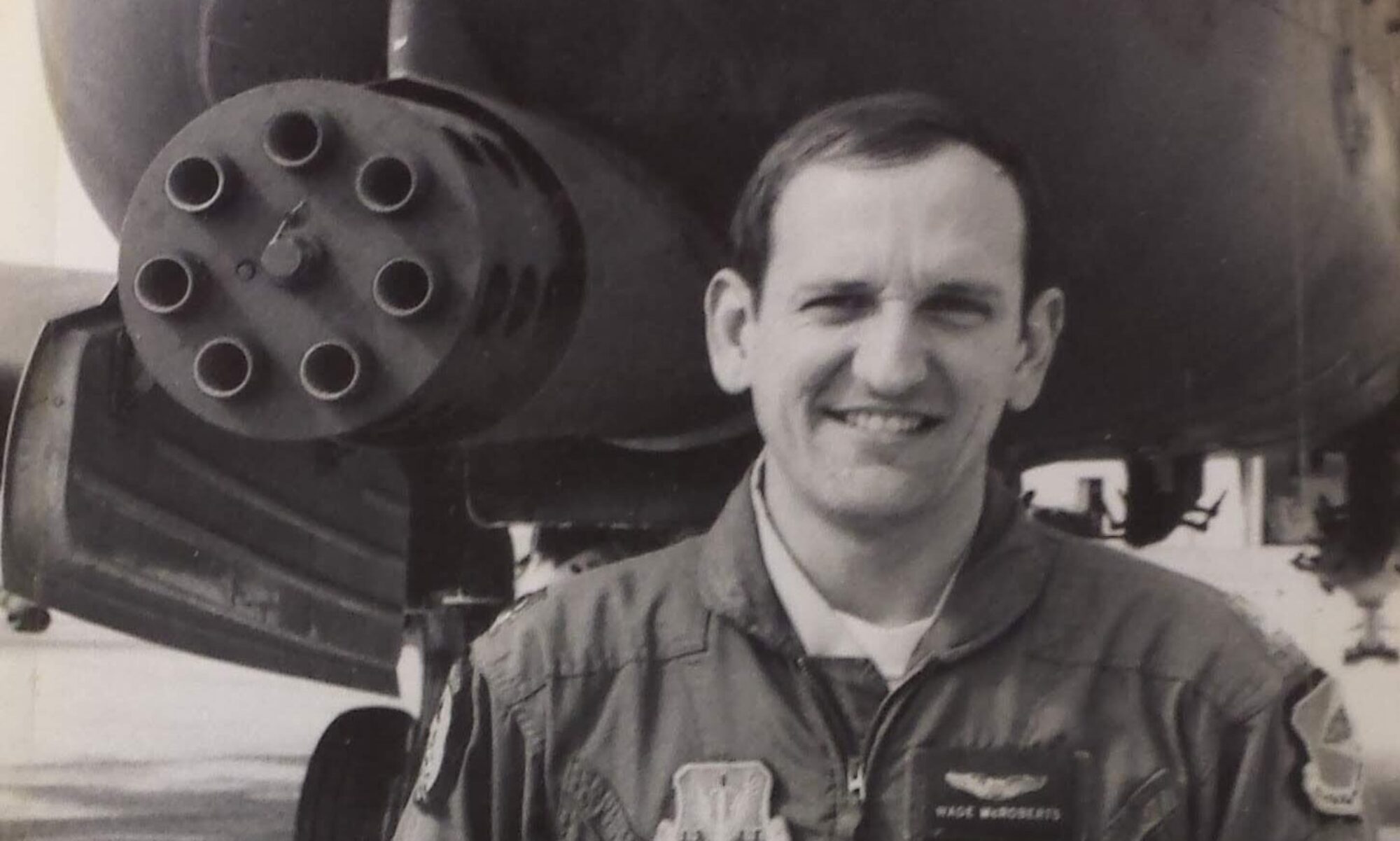And not only this, but we also exult in our tribulations, knowing that tribulation brings about perseverance; and perseverance, proven character; and proven character, hope; and hope does not disappoint, because the love of God has been poured out within our hearts through the Holy Spirit who was given to us. (Romans 5:3-5, NASB)
It seems the Bible is full of contradictory ideas. For example: In my weakness, I am strong; I’m not free until I’m a slave to Christ; and the eternal King, Who rules His subjects with love. Now comes another strange idea: That I should rejoice in my trials and tribulations!
One author suggests that ALS is a process of saying “goodbye.” I’ve found this to be true. So far, I’ve said “goodbye,” to running; to golf (the overall golfing community has not looked back!); to driving; to making coffee in the morning and taking it to Sue; to going up and down stairs; to walking; to feeding myself; to eating and drinking altogether; and to scratching (!). Through all this, the apostle Paul says I’m to exult!
But Paul says our trials lead to perseverance; which begets proven character; which results in hope. And, says Paul, hope doesn’t disappoint because of God’s love for us! This sounds like character building to me, and my thinking is there must be an easier way to go about it! But God is in control (praise His holy Name!), this is His plan for me, and I trust that it’s better than mine! What I like most about this passage is that the end product is hope!
Someone once said that adversity doesn’t build character, but rather reveals it. This is something I think about as I try to finish the race, and finish well.
Worship: Reason, by Unspoken
